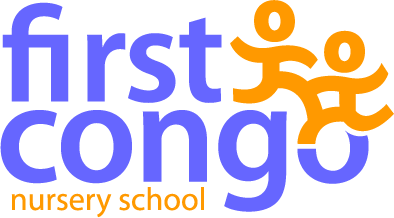Core Values
It is our intent to nourish the growth and development of children at First Congo such that they are ready and eager to embrace the learning opportunities that lie ahead for them.
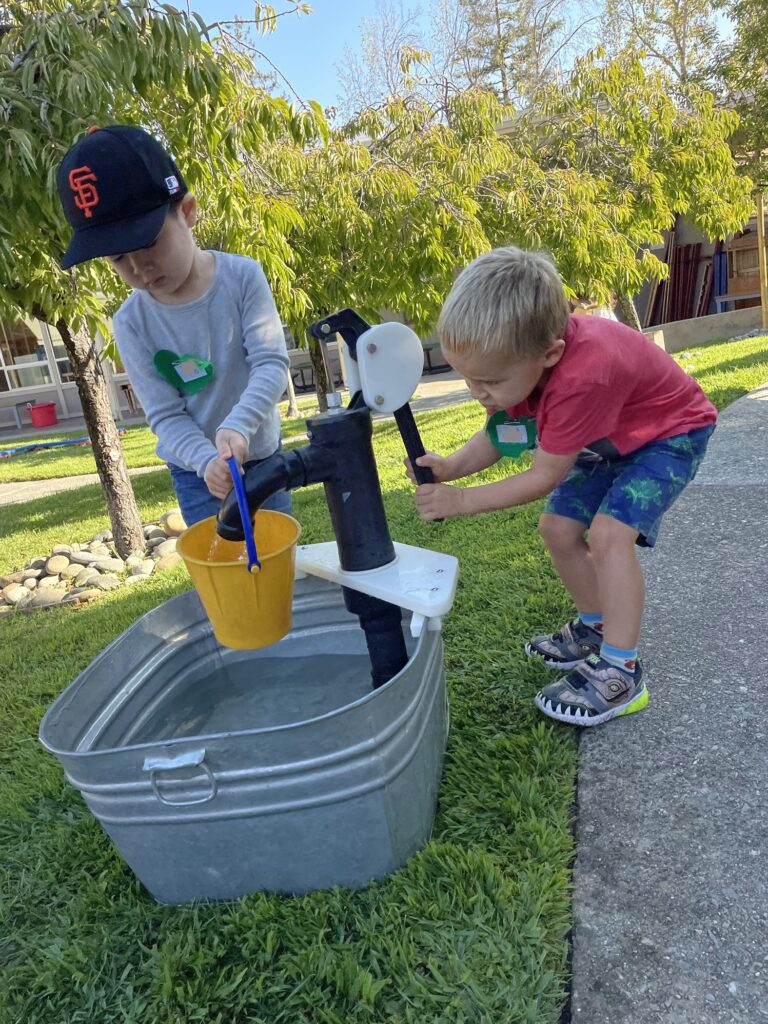
We are Play-based
It is our purpose to provide a program that reflects our present knowledge of human growth and development. Based on that knowledge, the underlying premise of our program is that young children learn best through play. Our rich environment invites children to engage themselves both physically and mentally, while fostering intellectual qualities such as curiosity, inventiveness, perception and concentration, as well as helping them to develop physical well-being and coordination. Creativity and individuality are given free expression through painting, music, dramatic play, crafts, block building, and woodworking, and by making use of raw materials that encourage originality. We believe that process is more important than product. Play helps children best to understand themselves and others, and aids them in the development of social skills such as making friends, dealing with conflict, and experiencing the many aspects of community life.
We seek to Cultivate
- An attitude of engagement
- A sense of autonomy
- A social awareness
- A belief in the value of community
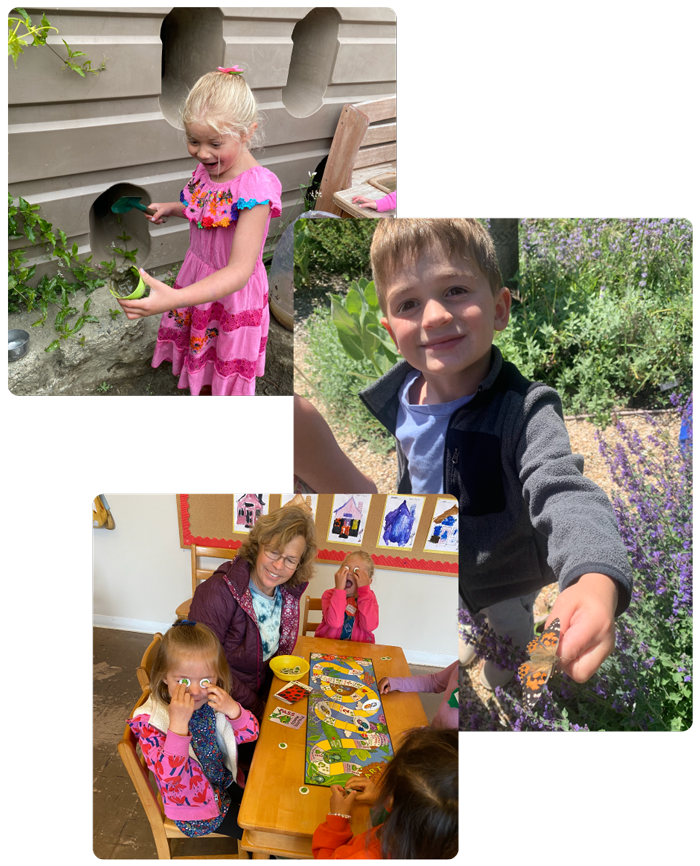
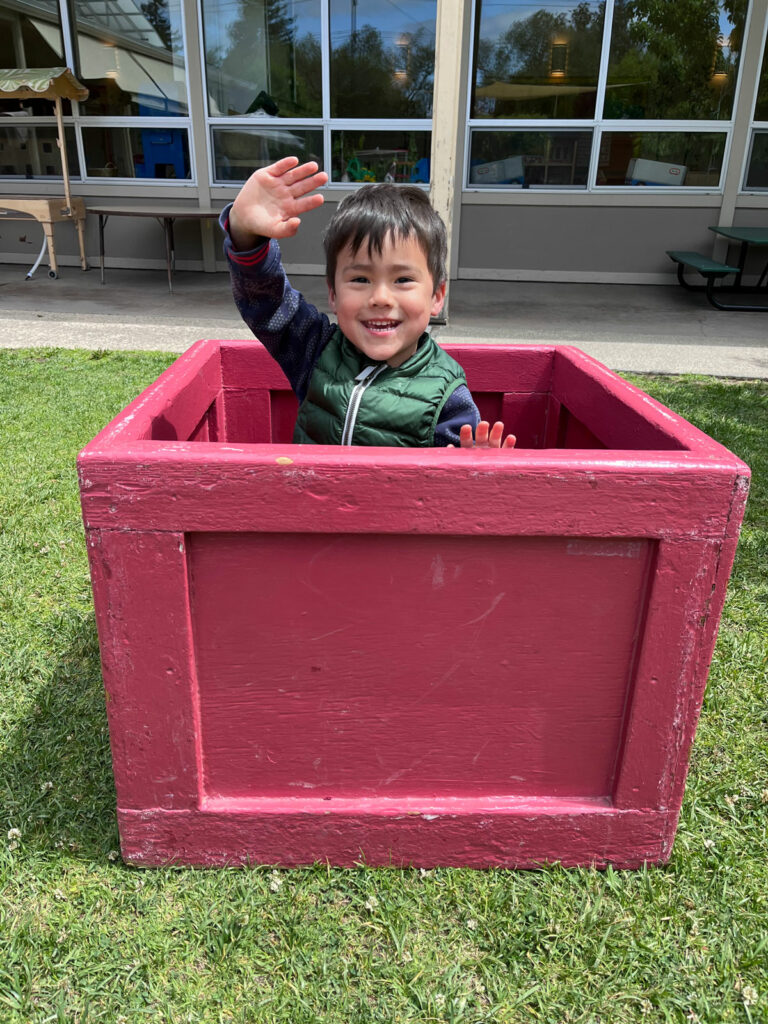
Growing and Learning
We believe that young children are eager to learn and grow in ways that are meaningful to them. At First Congo this means:
- Providing a play-based curriculum appropriate for the 2-5 year old learner
- Cultivating a sense of wonder and sharing the delight of discovery
- Enhancing intellectual resiliency and promoting curiosity through thoughtful dialogue
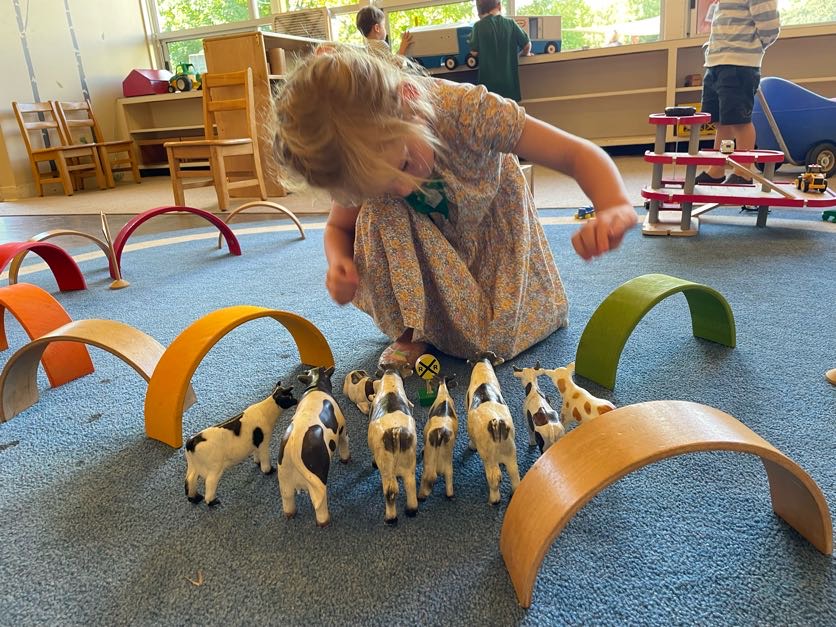
Children Make Their Own Choices
Although children are grouped with same-age classmates we recognize that each child brings a unique set of aptitudes and challenges to the community. We strive to create an environment in which children can develop at their own pace physically, emotionally, intellectually, and socially, in an atmosphere of acceptance and understanding. Through self-directed play, children learn that they are free to make choices, to explore and experiment, to discover and create, as long as they stay within the limits of consideration for people and things. For the greater part of each morning, children choose the activities in which they will participate according to their developmental and personal needs, whether outside or in, active or quiet, messy or clean.
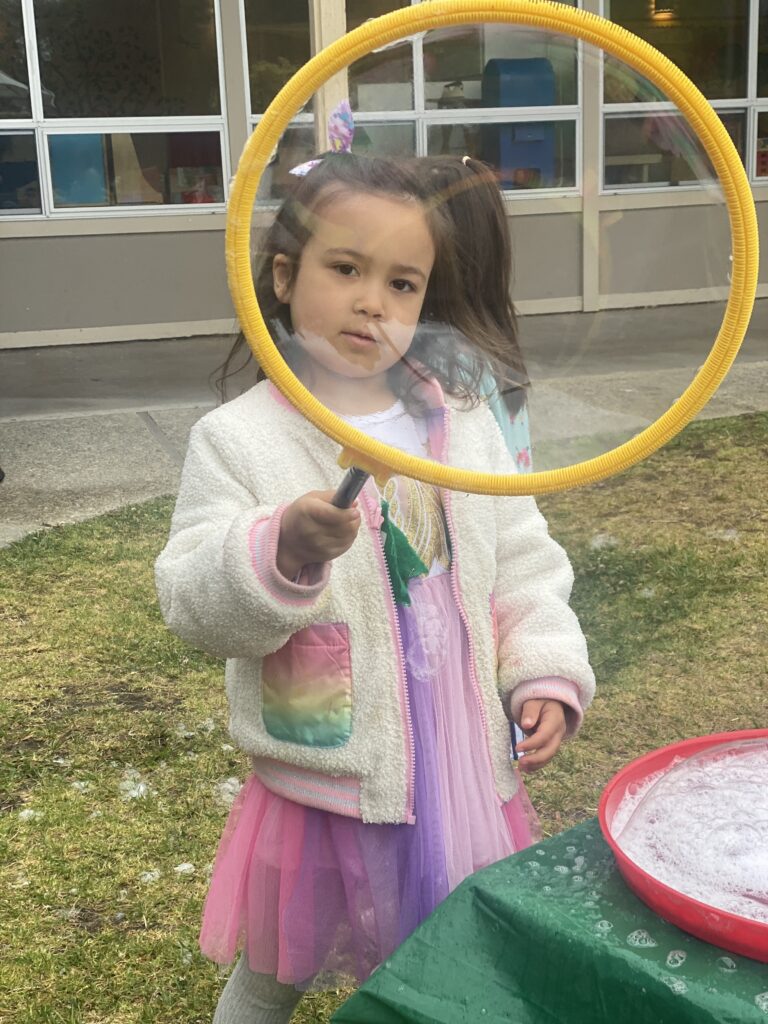
Emotional Intelligence
We strive to give children an awareness and acceptance of their own feelings. Children are helped to articulate feelings and needs, to identify what they want and to ask for it. The goal is always to help children learn to work out their own problems, first with the support and guidance of a teacher, and later independently. We understand and foster their right to express their feelings through acceptable means and we encourage risk taking, problem-solving, and conflict resolution with gentle guidance.
We believe in the value of developing emotional intelligence. At First Congo this means:
- Allowing for and validating all feelings while limiting actions to reflect consideration for others
- Inspiring such experimentation and risk-taking as supports personal growth and encourages resiliency
- Helping children to become aware and appreciative of their own best learning and coping styles
Collaborative Effort
We believe in the power of collaborative effort to achieve the greatest good. At First Congo this means:
- Promoting an atmosphere of mutual respect and trust
- Valuing the partnership between parents and teachers in best serving the children
- Nurturing and celebrating ourselves as a community of learners

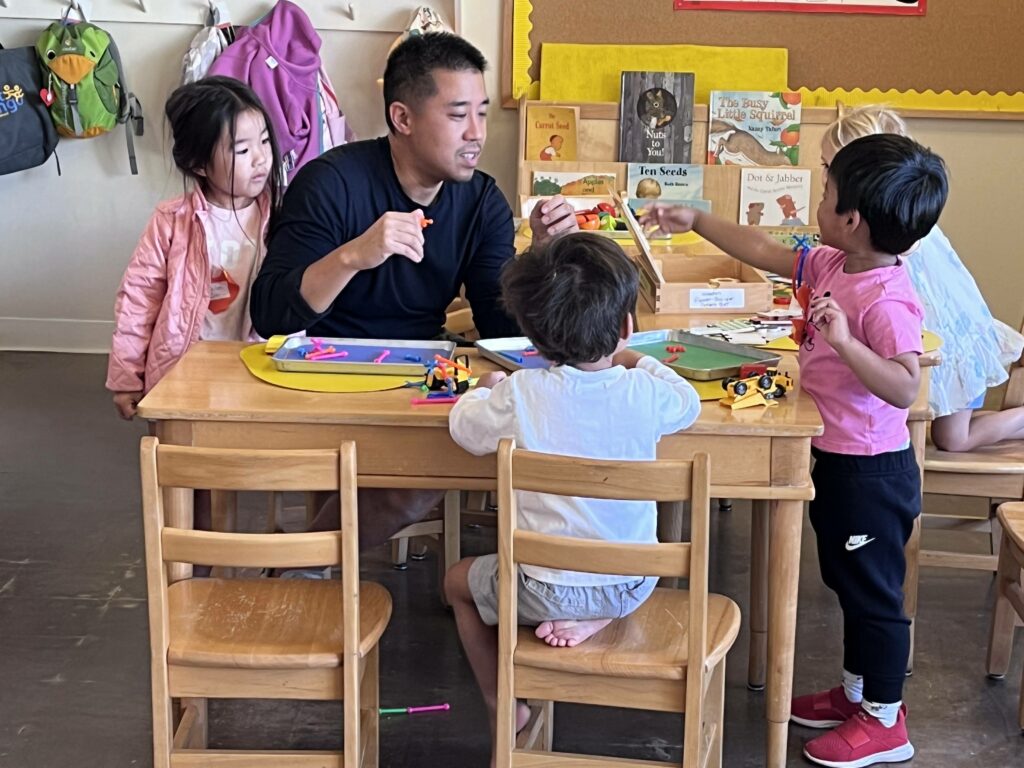
Parents Participate Directly
We are committed to being a parent participation program—requiring direct participation by parents in their child’s classroom – because we believe this cooperative environment gives parents a unique opportunity to learn effective, positive, child-centered teaching methods and provides a sense of community for parents as well as for the children. Parents get to know, respect and trust the teachers, and their child’s classmates and their families as well.
